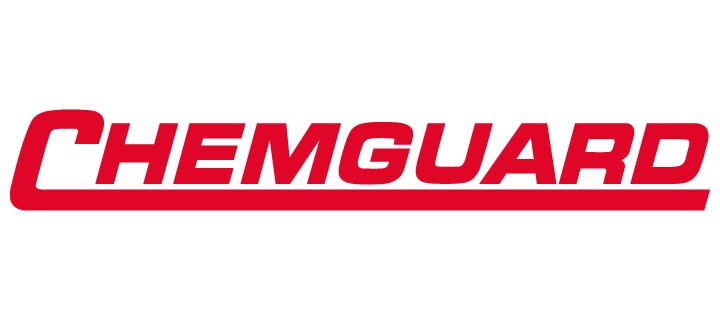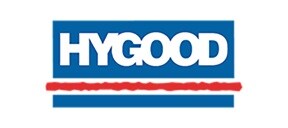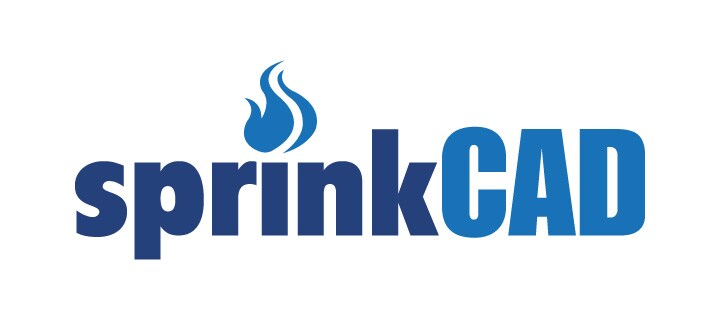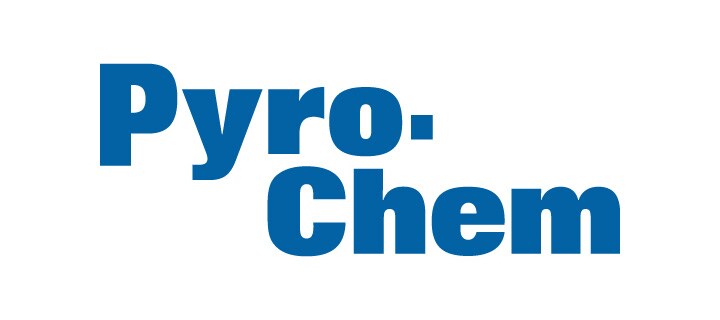- Johnson Controls
- The Chiller Life Cycle
The Chiller Life Cycle
Aging Chillers and the Case for Smart Connected Chillers
Download White PaperSmart Connected Chillers: Increasing Uptime and Improving Bottom Lines
A chiller is one of the most critical pieces of equipment in your facility, accounting for half the total energy used in a building. Though your Johnson Controls chiller may still be running smoothly, it’s important to consider how industry standards and technology evolve over the course of 20-plus years. Your original chiller may be creating inefficiencies for your facility — and costing you more than you thought.
To Repair or Replace: Where is Your Chiller in its Life Cycle?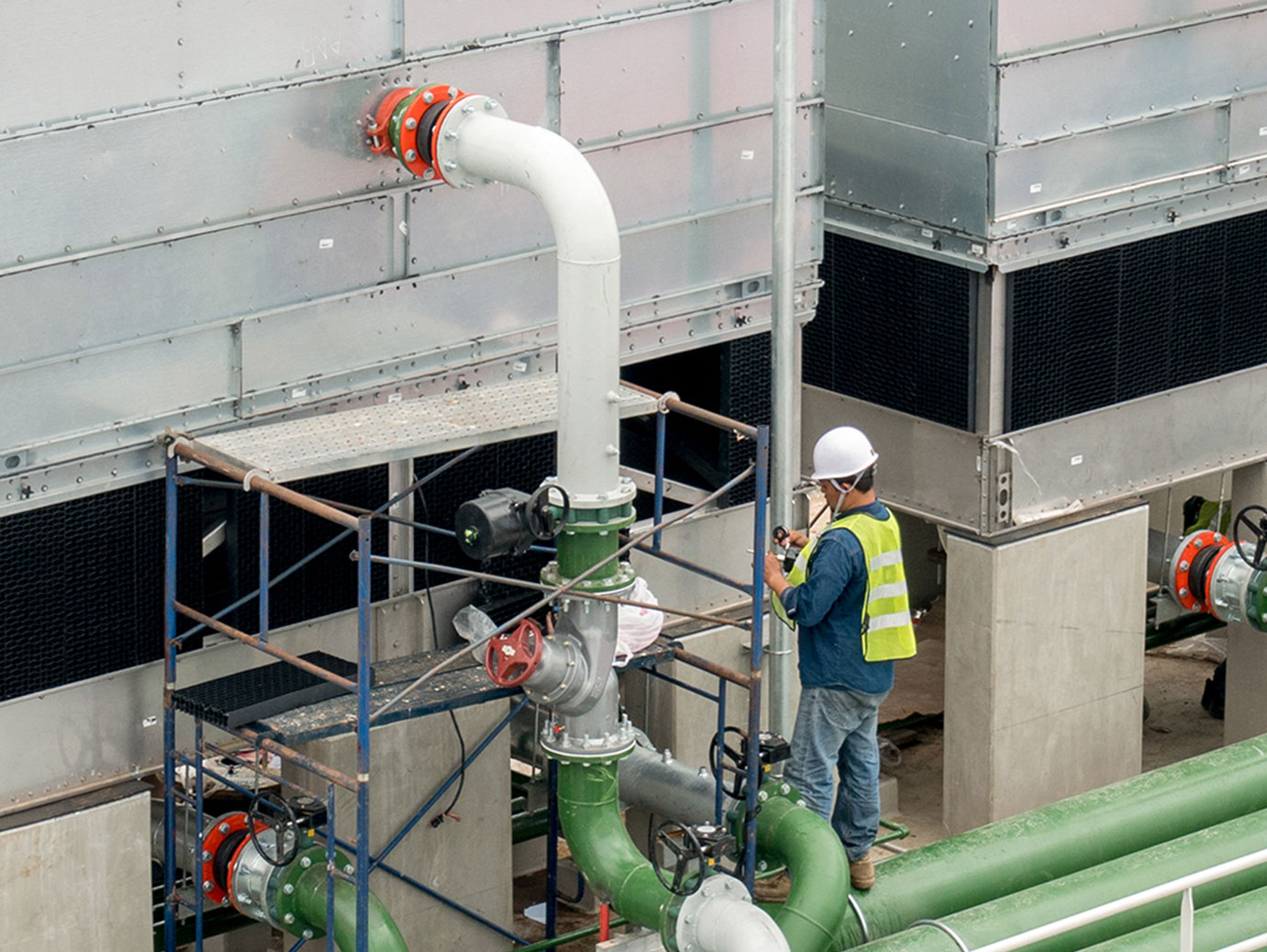
According to Consulting-Specifying Engineer Magazine, the median life cycle of a water-cooled chiller is 20-30 years, while air-cooled chillers have a life expectancy of 15-20 years.
Factors to consider when deciding to repair, retrofit or replace your chiller equipment include:
- How much more life will repairs give to the equipment?
- Have facility needs changed since the original installation?
- Limitations to a repair or retrofit due to equipment age, parts availability, refrigerant availability, or cost.
- Cost of operation and maintenance compared to installation and operating costs of a new, more efficient chiller.
 Long-term Benefits of Smart Chillers include:
Long-term Benefits of Smart Chillers include:
- Remote monitoring: Operations insight and real-time diagnostic reports accessible from anywhere, 24/7.
- Condition-based model: Connected chillers can report performance, including any problems or malfunctions, on a regular basis to the service technician or facility manager. Planned corrective action can be suggested before a problem occurs and time-based inspections can be eliminated, creating additional savings.
- Maintenance and reliability: Sensor data and algorithms can pinpoint the root cause of an issue so more time is spent on resolving the problem, not diagnosing it. If operations are not running as they should, a notification will be sent to key stakeholders so they can take focused, corrective action.
In the long-term, replacing an aging chiller produces savings and increases efficiencies. Read on to discover more benefits of smart connected chillers, and how Johnson Controls can help streamline your operations.
 Reduce Emergency Repairs by as Much as 66%
Reduce Emergency Repairs by as Much as 66%
Connected Chiller Planned Service Agreements (PSA) reduce unplanned and emergency repairs by as much as 66% and reduce the repair timeline by an average of 65%.
Smart Connected Chiller Technicians
Did you know that buildings consume 47% of global energy and half of that is consumed by chillers? By using Johnson Controls Smart Connected Chillers, technicians can manage performance from any location to ensure chillers are running at peak efficiency and fix issues before they become costly issues.
Smart Connected Chillers: Advanced Insights for Proactive Maintenance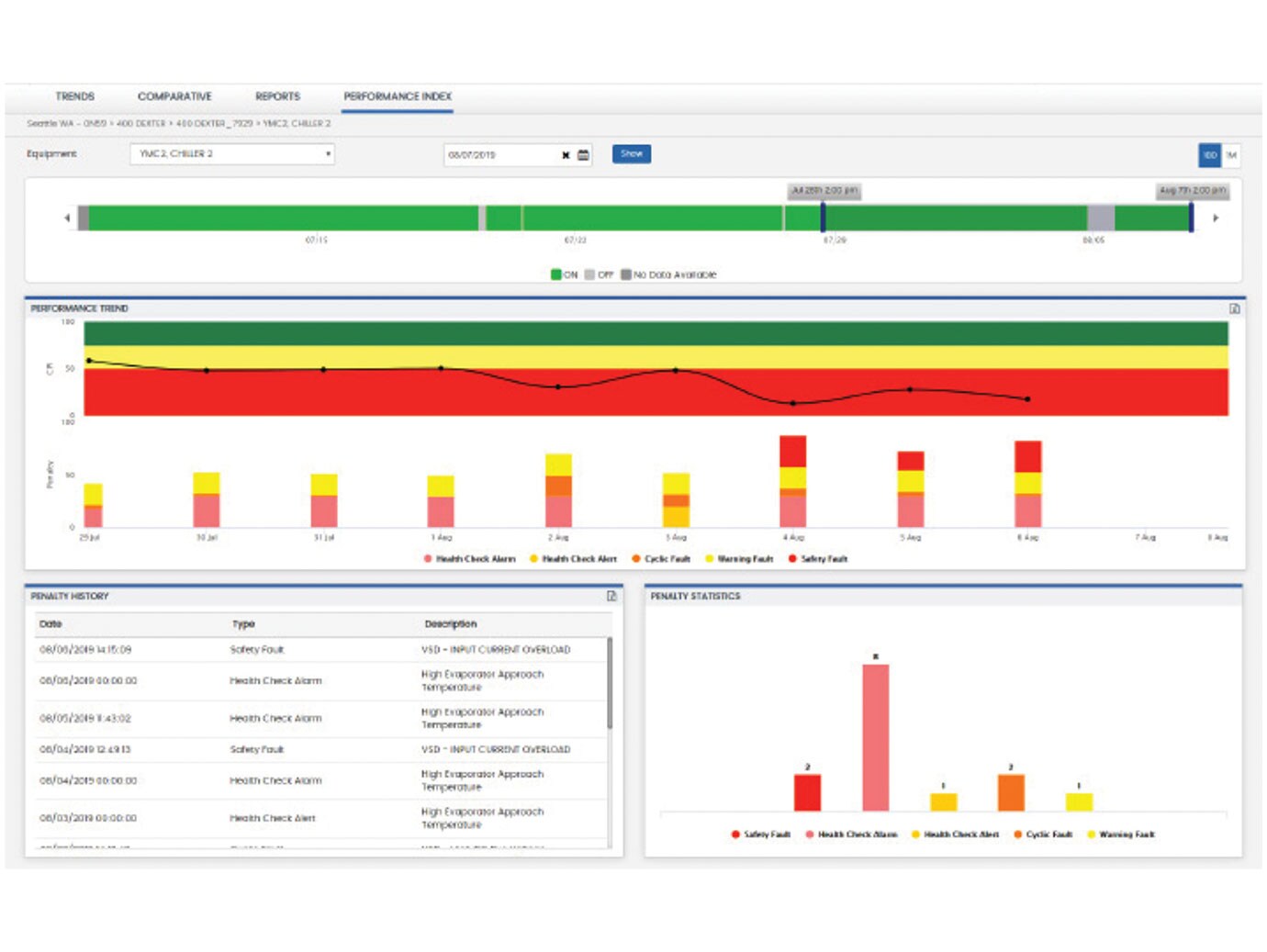
Smart connected chillers gather and analyze data from your equipment, as well as inform technicians and facility managers of the optimal time to make upgrades or perform maintenance, quantify operational efficiencies and identify cost-savings.
As a leader in the facilities maintenance industry, we hold ourselves and our service to the highest of standards. We created our custom chiller performance index to provide you with advanced insights into how your chiller is performing, allowing for proactive maintenance and energy optimization.
 Success Story: Sierra Brewing Company
Success Story: Sierra Brewing Company
As their chillers were nearing end-of-life status, Sierra Brewing Company commissioned Johnson Controls to manage a complete overhaul of their chiller systems.
The total upgrade of their Chico, California facility’s chiller system has resulted in annual energy savings of 1.2 million kWh.
With the new system in place and running smoothly, maintenance and downtime have been significantly reduced, allowing staff to work on other high-priority projects, including preventative maintenance around the brewery.

























.png?la=en&h=70&w=157&hash=717A494A27ED61C45CEF95AC3A9C6309)

